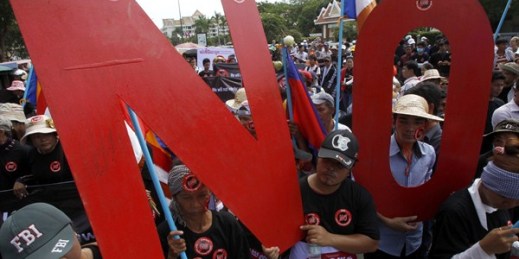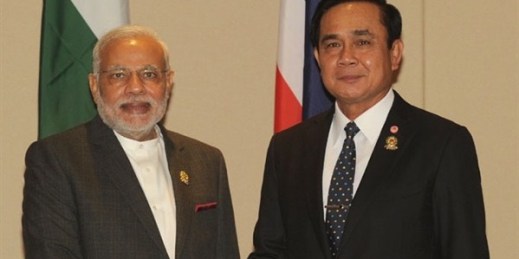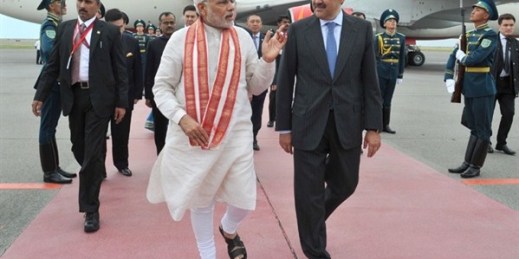
In a long anticipated move, late last month Cambodia’s Senate passed a controversial law that critics claim severely endangers the autonomy of foreign and local nongovernmental organizations in the country. The pushback from civil society and foreign governments has been strong, but hopes that it might be recalled were extinguished when Cambodian King Norodom Sihamoni signed the draft legislation officially into law earlier this month. But the law is merely the latest in an alarming spate of efforts by authoritarian and nationalist governments to reduce the reach of NGOs working across Asia. In China, two proposed draft laws that would […]



